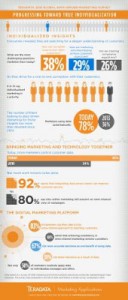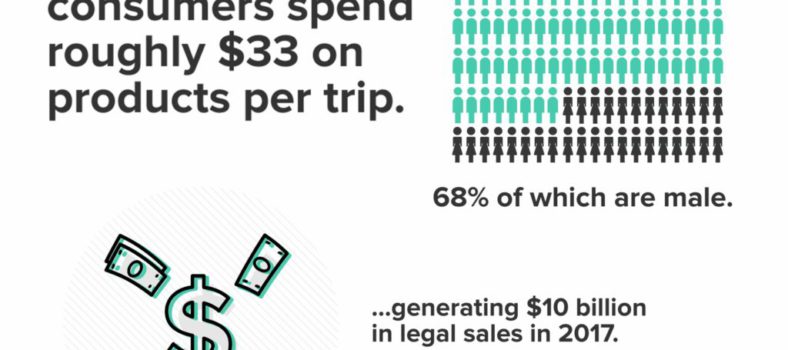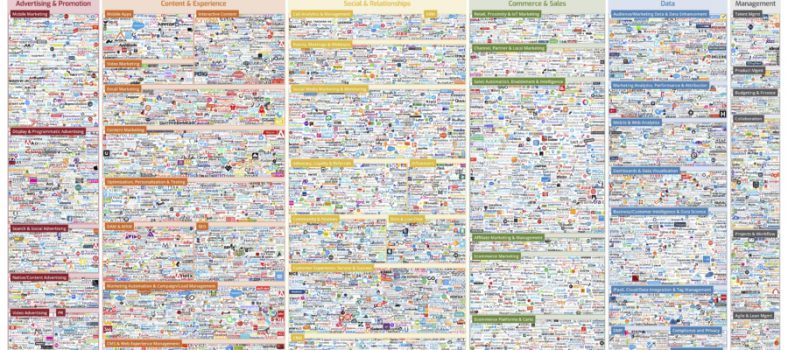Twice as many companies now have strategic data-driven marketing initiatives than in 2013
Teradata Corp. today published the Teradata 2015 Global Data-Driven Marketing Survey, an international study into trends surrounding data-driven marketing adoption and enterprise business value. The new study is a sequel to similar research Teradata Marketing Applications conducted in mid-2013, and reveals dramatic shifts since that time in how companies and marketers are deriving business value from data, integrated marketing platforms, and customer-centric data-driven marketing strategies.
The 28-page survey and accompanying infographic are available at no cost from the Teradata website and contain valuable information that will benefit marketers and C-suite decision makers alike. Key findings of the Teradata 2015 Global Data-Driven Marketing Survey include:
Having individualized insight is increasingly important to marketers
- 90 percent of marketers say making marketing individualized is a priority. They want to move beyond segmentation to true one-to-one personalization in a real-time context.
- Faster, more accurate decisions are key benefits of using data for nearly two-thirds of respondents.
- 38 percent say their biggest challenge is improving customer acquisition and retention. Marketers’ second-biggest challenge is proving support of corporate objectives (29 percent) and meeting regulatory compliance was third (26 percent).
Only integrated marketing platforms can deliver the individualized insights and omni-channel experience marketers want
- Marketers have more than doubled their use of data-driven marketing in the past 18 months. 78 percent of marketers now use data systematically, versus 36 percent in 2013.
- Data-driven marketing is viewed as the means to the end of gaining individualized insights, and integrated marketing platforms like the Teradata Integrated Marketing Cloud are in high demand.
- Marketers however still struggle with individualizing offers and communication. Only 50 percent routinely apply data to engage consumers. 44 percent admit a lack of consistency in omni-channel marketing. And 80 percent say that silos within Marketing prevent them from knowing how campaigns are performing across different channels.
Bringing marketing and technology together is now a strategic priority
- 43 percent of marketers say they now control their company’s customer data (up from 34 percent in 2013). And a vast majority (83 percent) say they take an omni-channel approach to reaching customers.
- 84 percent agree that making Marketing and IT into strategic partners is vital.
- 92 percent agree that integrating data across teams can improve customer service.
“It is clear from these survey results that the future of marketing is all about meeting the expectations of the individual consumer. Today, more than anything else, marketers want access to trustworthy, individualized insights based on credible data, so the expectations of every customer can be known, respected and met on a personal level,” said Darryl McDonald, president, Teradata Marketing Applications. “Today’s digital marketing platforms make this possible. We encourage marketers throughout the world to implement and improve their data-driven marketing strategies to create business value through individualized insights.”
Teradata’s research was conducted in late 2014 by Forbes Insights, which surveyed 1,506 marketers in enterprises around the world, across all industries. The report is available at no cost via the Teradata website.






No Comment